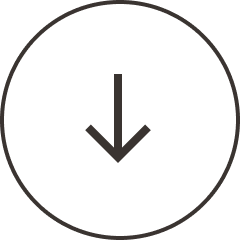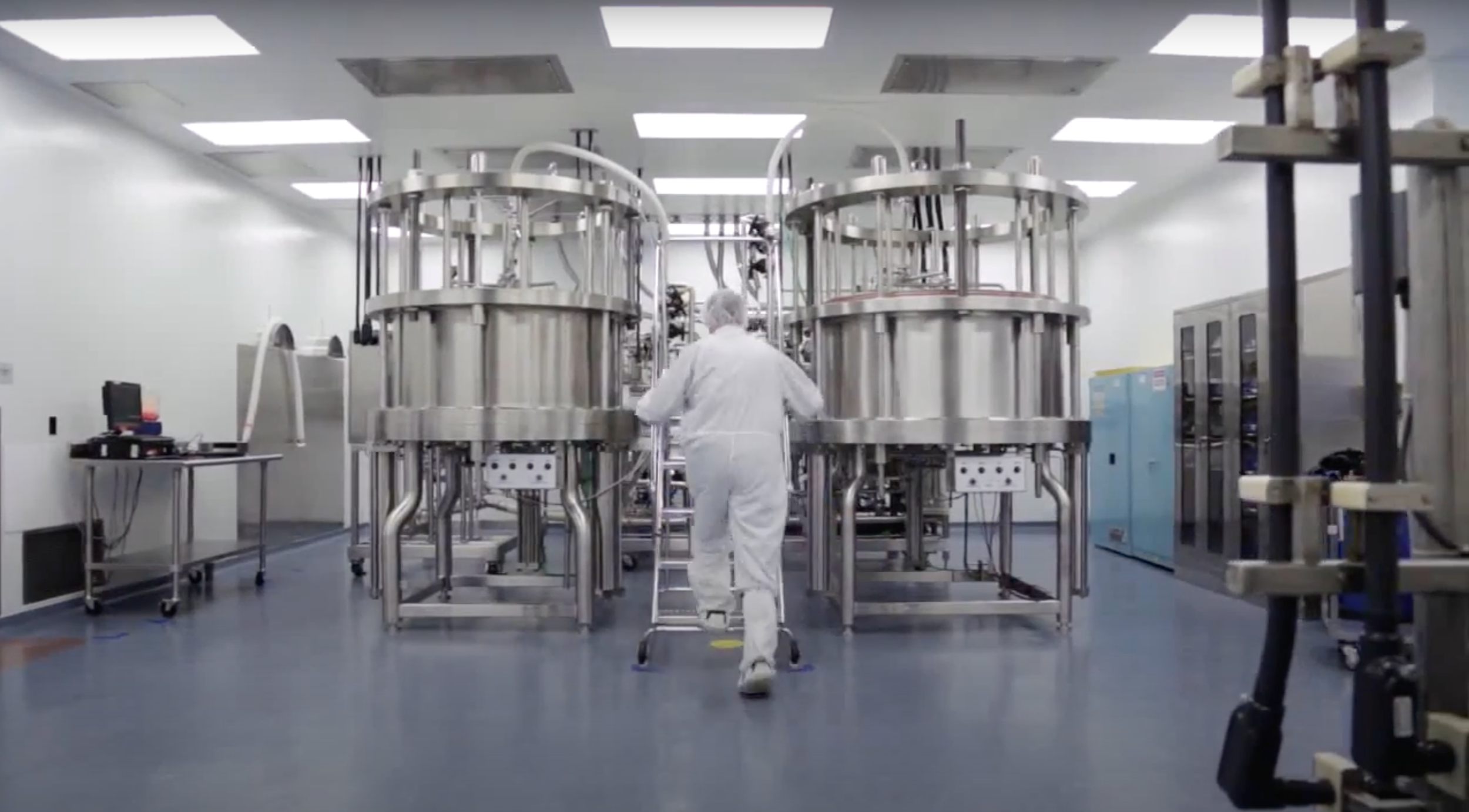Keep Exploring
Check out all these resources to continue learning about Process Science
PROCESS SCIENCE
Process Science is part of the following field guides:Insider Insights
Tips from Diandra Martinez Cano-
In science, it's more important that you be a good learner than that you know everything. Figure out the ways that work best for you to learn. Knowledge, technology, and software are constantly developing, so even if you're an expert one day you might be a novice the next. The key is to learn how to learn.
-
You might not get the job you want right off the bat. That doesn’t mean that you won’t eventually get there. Look for opportunities that are exciting to you, and build relationships with people who will support you. There are a lot of different career paths in science, and the one that's right for you might not be something you see coming.
-
No one excels in a science career without help. Just like any other job, there are going to be parts of it that only the pros know, so it's important to talk to the people who have done it before you. Mentors are critical to your journey in both education and career. If someone or something has inspired you, reach out and ask for their help. You might be surprised out how excited many people will be to help you (and if they're not, reach out to someone else!).
Related Scientists
Discover the work and stories of other people working in engineering, medical + health sciences, and human sciences.
-

Daniel Rios
Immunologist & Dad
-

Susannah Calhoun
Molecular Immunologist & Dancer
-

Nabiha Saklayen
Biotech Entrepreneur & Maximalist
-
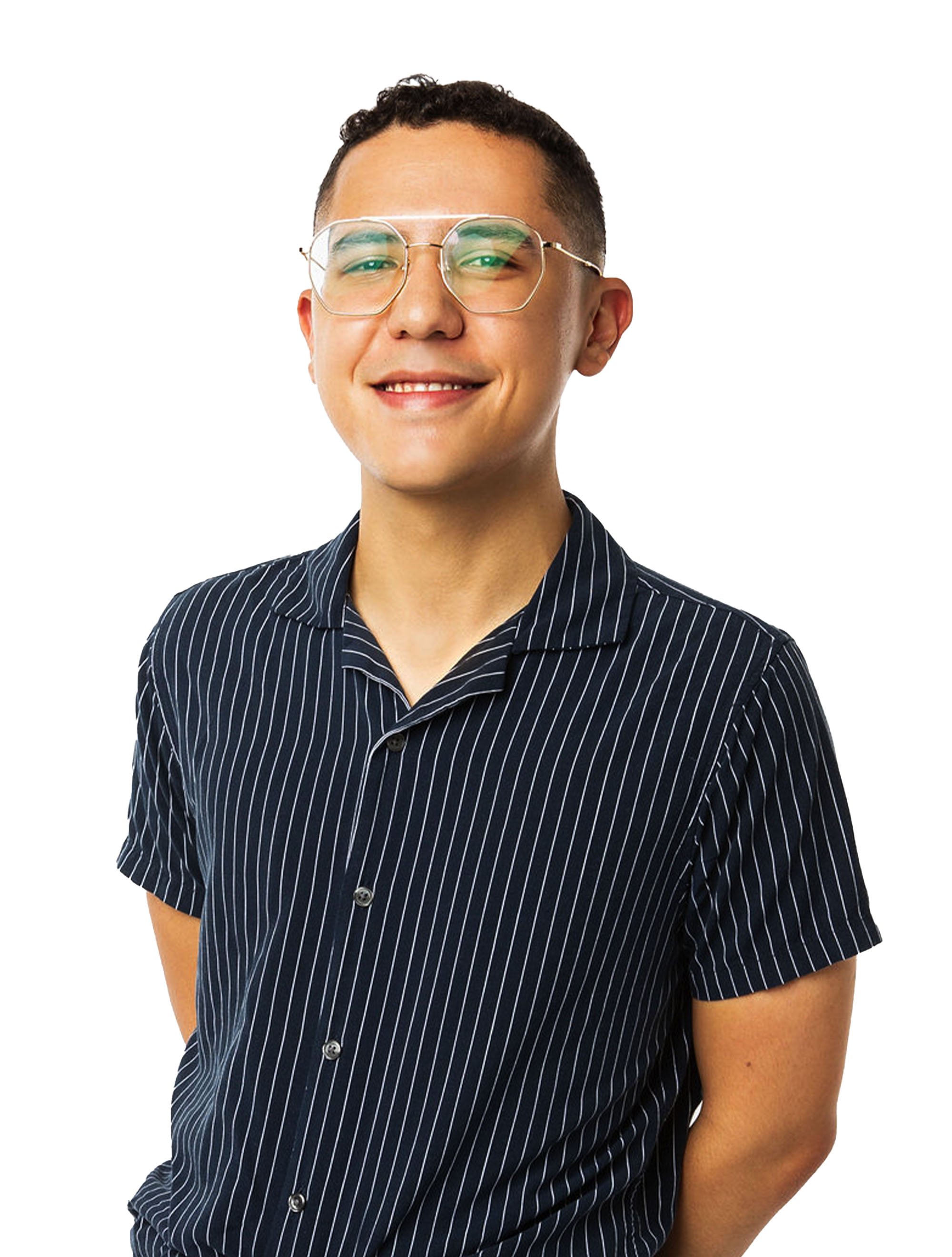
Gustavo Ferreira Castilho
Biotechnician & Tinkerer
Recommended Resources
-
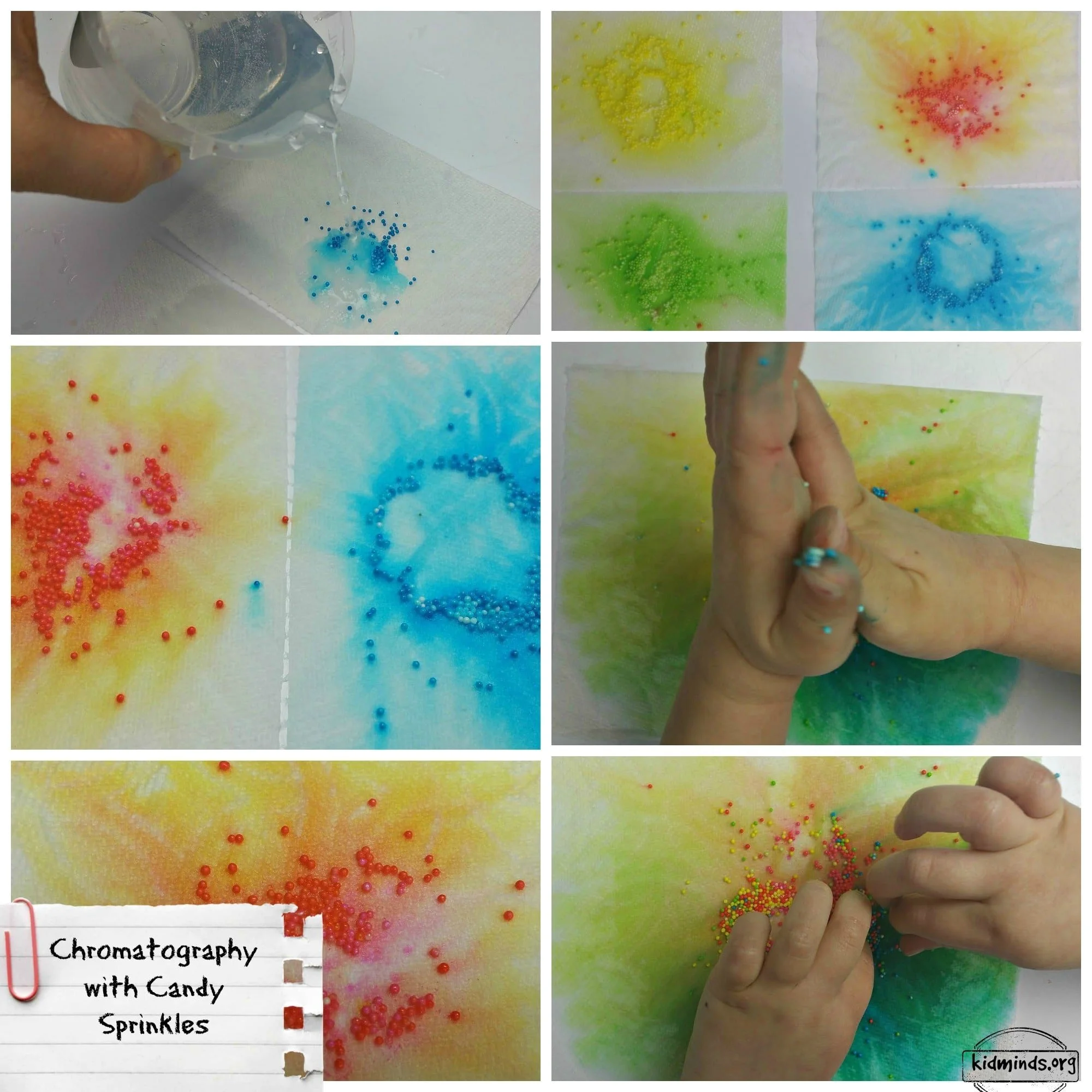
Chromatography Experiments For Kids
The primary tool Diandra uses to identify the best protein is chromatography. This is a technique that involves filtering the protein through compacted beads contained in a tube. Learn more about chromatography and explore five different ways to do chromatography experiments here.
-

Molecules
Any time two atoms join together, they make a molecule. All the stuff around you is made up of molecules. This includes you! You are actually made up of trillions and trillions of different types of molecules. Learn more about molecules and how they form here.
-
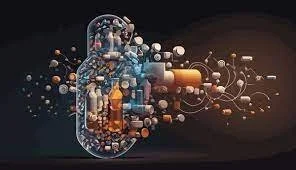
Learn more about Medicine and Drug Development Process
We often take medicine, also called pharmaceutical drugs, when we are sick. Pharmaceutical drugs are chemical substances that help to cure, prevent, or relieve the symptoms of illnesses. Learn more about pharmaceutical drugs and the development process!
-
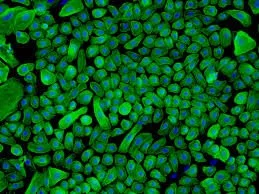
Learn About Cell Structure and Function
Just as Diandra and her colleagues are responsible for making cell cultures, this short video gives an engaging and fun look at the function and structure of cells, compares the differences between animal and human cells vs plant cells, and identifies the parts of a cell.
This spotlight was sponsored by the Amgen Foundation
Established in 1990, the Amgen Foundation plays a key role in Amgen’s commitment to improving the lives of others. As Amgen’s principal channel for corporate philanthropy, they work with expert partners to provide best-in-class science education programs free of cost to teachers and students. They are committed to improving science literacy and inspiring the next generation of innovators around the world.
WEBSITE →
linkedin →x →Looking for teacher resources?
PHOTOGRAPHER: Tandem Photo • Illustrator: Nicole Medina© 2024 THE PLENARY, CO. ALL RIGHTS RESERVED. TERMS. PRIVACY.This is a brand new site! See an issue? Let us know.


